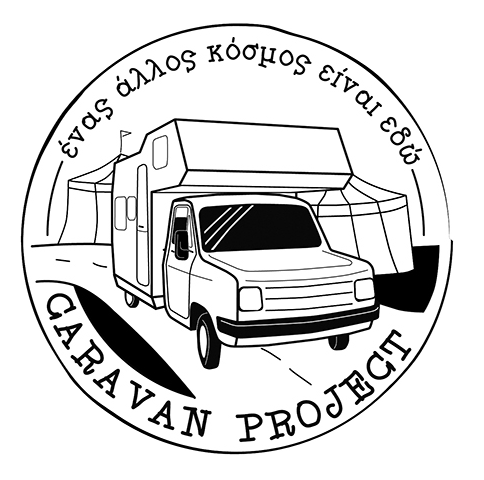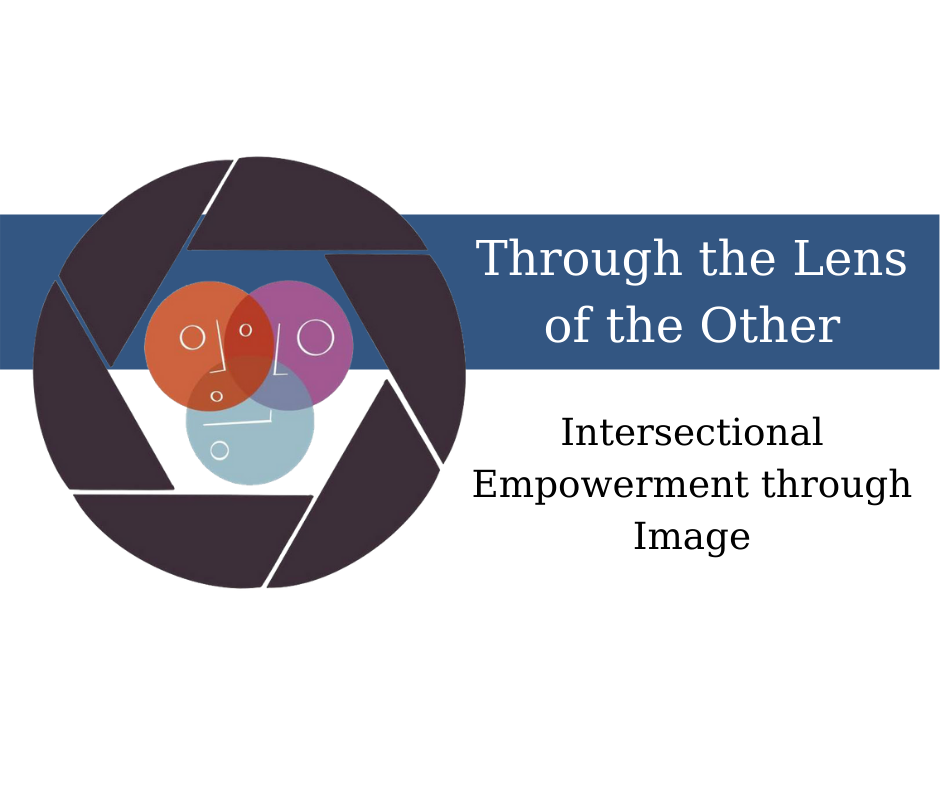“Through the Lens of the Other”, Caravan project facilitation in Romania
Caravan Project participated as a partner and facilitator to the“Through the Lens of the Other» residence conducting a series of workshops in storytelling and documentary filmmaking to various participants working on civil groups related to discrimination, heterogeneity and integration.
“Through the Lens of the Other” aims to introduce and explore new ways of understanding and addressing discrimination in Europe. Critical theories in social sciences explain, through the concept of intersectionality, how oppressive social beliefs and structures (xenophobia, sexism, homophobia, ableism etc.) are interconnected; systematic oppression cannot be understood or addressed with single-issue approaches as they tend to accentuate a specific part of the target groups’ identity and, thus, perpetuate otherness. Co-existing multiple identities demand an approach to integration that is holistic and sensitive to different experiences.
Discrimination due to gender, sexuality, race, culture, physical ability, ethnicity and nationality are the main aspects that the project centers upon; its influence is in the social, economic and behavioral development of the people affected and can be expressed in different terms. Apart from the marginalization, which is the main influence on their social development, discrimination can be detected in the exclusion of the aforementioned people from equal treatment by institutions (e.g. unequal access to democratic rights, discrimination in the workplace, access to the labor market).
The common element in these discriminations is the process of othering, that is, of viewing people around you as inherently and essentially different, based on their belonging to one certain group. Shedding light onto this structure, outlining how it is a common process in all discriminations and operationalizing the analytical framework though non-formal learning activities will work as a step towards tackling it. To this end, youth workers need to be equipped and strategically placed for navigating through challenging situations, embracing complexity as a positive aspect of life.
Aims & Objectives
“Through the Lens of the Other” aspires to:
– Empower individuals and reinforce the agency of marginalized groups thus enhancing their
representation;
– Raise awareness on the victimization of vulnerable groups thus fostering empathy;
– Promote positive attitudes towards discriminated groups thus embracing diversity as an
asset in a society;
– Reduce prejudice and promote social integration thus fostering inclusion of marginalized people;
– Promote integration and cohesion among EU member states regarding rights and Freedoms.




